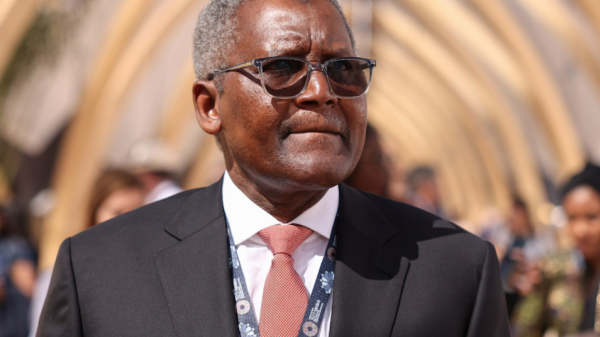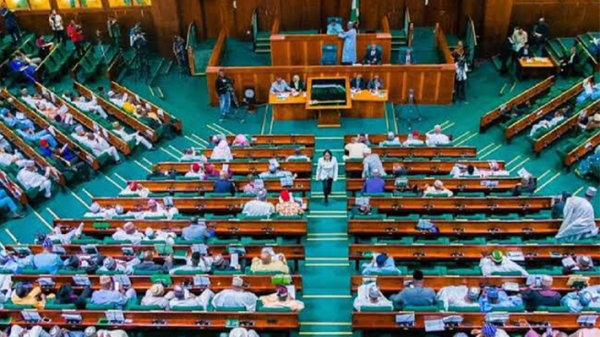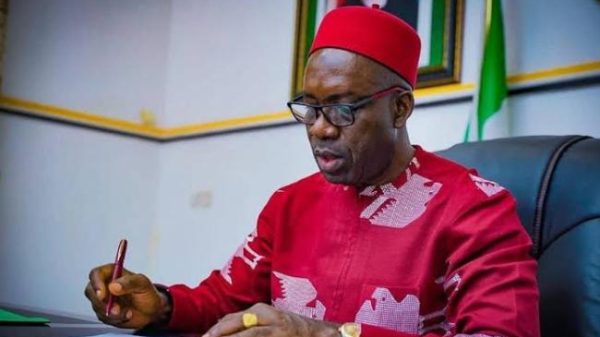In a significant geopolitical development, France is scaling back its longstanding military presence in Africa. This shift marks the end of a decades-long era in which French military bases played a critical role in shaping regional security and projecting French influence across the continent.
The decision was announced by Senegalese President Bassirou Diomaye Faye on December 31, 2024, who declared that all foreign military bases in Senegal would close by the end of 2025. On the same day, Ivory Coast’s leadership confirmed the handover of the Abidjan military base to the country’s army. These moves follow a broader trend, with French forces having recently withdrawn from Chad, Burkina Faso, Mali, and Niger.
French military bases in Africa historically served as logistical hubs for interventions, safeguarded French nationals during crises, and reinforced ties with former colonies. However, their relevance has waned. By 2022, France’s pre-positioned troops in Africa had dwindled from 20,000 in 1970 to just 6,000, reflecting reduced strategic interest.
Thierry Vircoulon, a researcher with expertise in African geopolitics, highlights that France’s military presence in Africa was initially rooted in the post-independence era, ensuring stability in fragile regimes. Over time, however, the bases became symbolic of neocolonialism, fueling resentment among local populations.
Strategically, France faces diminishing benefits from these bases as its primary security concerns now lie in Eastern Europe and the Middle East. The closures also underscore shifting dynamics, as African nations increasingly assert their sovereignty and seek alternative security partnerships.
The military withdrawal could erode France’s political and diplomatic influence in Africa. For decades, France was seen as the “gendarme of Africa,” conducting over 50 military interventions between 1964 and 2014. Its leadership role in managing African crises also bolstered its position in European and global institutions like the United Nations.
Without its African bases, France’s ability to respond to conflicts, provide humanitarian aid, or evacuate citizens during crises will be severely limited. This reduced footprint comes as African nations increasingly turn to new partners, including China and Russia, for economic and military support.
France’s economic ties to Africa have weakened over the years. In 2023, Africa accounted for only 1.9% of France’s foreign trade, though the continent supplied 15% of its strategic minerals and 11.6% of its oil and gas. Critics argue that the economic imbalance—where valuable resources are extracted cheaply from African nations—highlights lingering neocolonial dynamics.
The pullback from Africa’s security landscape could further strain economic relations. While France’s primary trading partners in sub-Saharan Africa, Nigeria and South Africa, are not hosts to French bases, the closures may signal the end of Paris’ broader influence in resource-rich former colonies.
France’s retreat comes at a time when African nations are diversifying their partnerships. China’s Belt and Road Initiative, which now includes 53 of Africa’s 54 nations, has been a major driver of economic transformation on the continent. Similarly, African countries are increasingly aligning with BRICS nations, reshaping global alliances.
This transition reflects a broader trend of former colonial powers losing influence in Africa. As nations like Senegal and Ivory Coast take control of their military infrastructure, a new era of sovereignty and self-determination may be emerging, though challenges remain in building local capacity to manage security and development.
France’s strategic pivot away from Africa raises critical questions about the future of international involvement on the continent. While the move may reduce perceptions of neocolonialism, it leaves a void that other global powers are eager to fill. Whether this shift will ultimately benefit African nations remains uncertain.




































































































